Israel to Release 1,950 Palestinian Hostages in “Phase One” of a Ceasefire Built on Fragile Trust
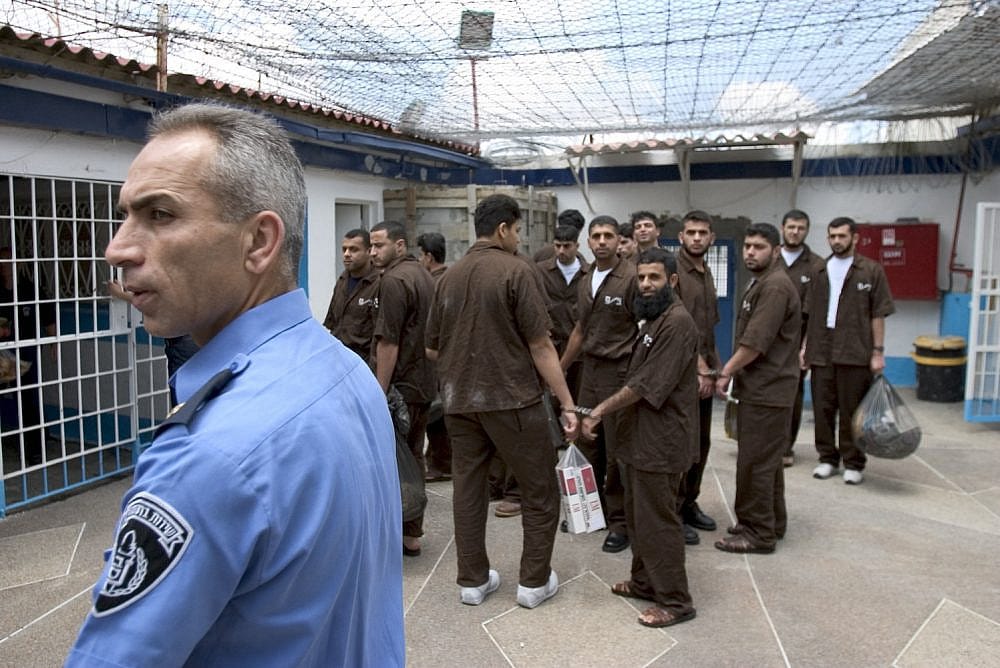
After decades of mass detention, Israel’s agreement to release nearly two thousand Palestinians brings a flicker of relief - and a heavy dose of skepticism.
Israel and Hamas have formally agreed to the first phase of a ceasefire deal, brokered by the US, Qatar, Egypt, and Turkey - one that will see around 1,950 Palestinian hostages be released in exchange for around 20 living Israeli prisoners.
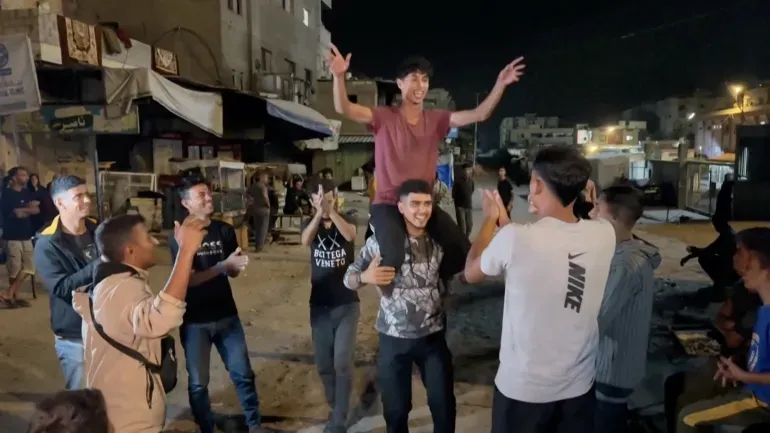
For Palestinians, celebration fills the air, because for now, there will be some respite from the bombs, but their hope, is a trembling and cautious one. This isn’t victory - it’s survival. The memory of previous ceasefires, each broken under the weight of Israeli aggression, hangs heavily over the news.
“Every time they say peace, the bombs return louder than before.” - Gaza resident, via local media
What the Deal Contains - and What It Doesn’t
Under the terms of the agreement:
- Israel will free approximately 1,950 Palestinian hostages, including around 250 serving life sentences.
- Hamas will release dozens of living Israeli prisoners during this first phase and later release deceased ones.
- Israel is expected to scale back its military operations and begin a partial troop withdrawal from populated areas of Gaza.
- Qatar, the US, Egypt & Turkey will act as guarantors, tasked with monitoring implementation.
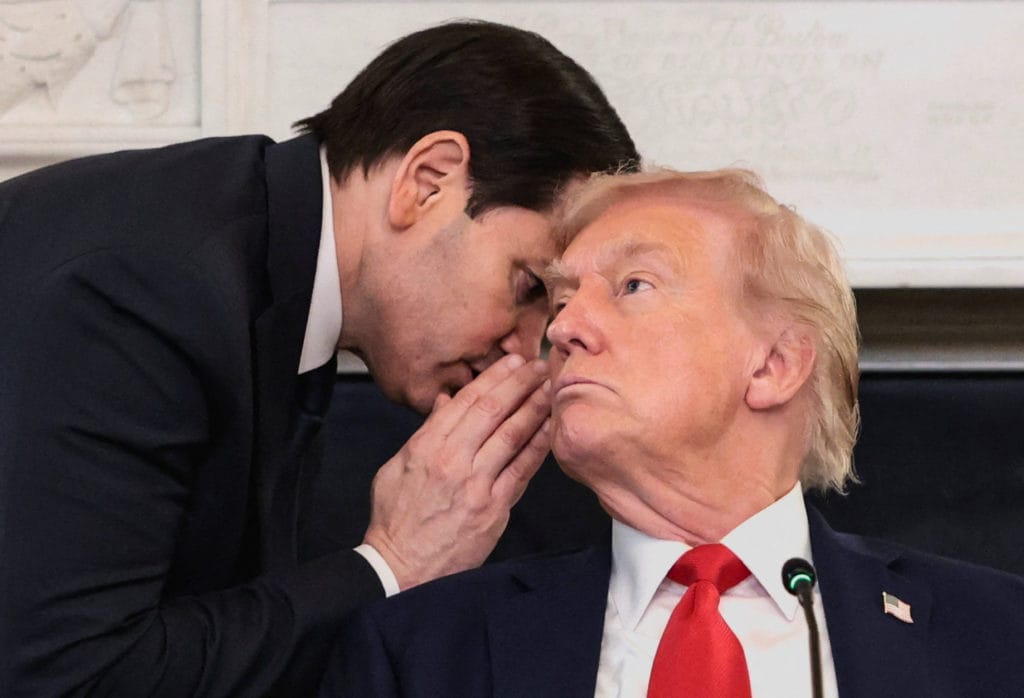
But behind the diplomatic headlines lie unanswered questions. Which prisoners will be freed? Will they truly be released, and most of all - will the guns stay silent long enough for Palestinians to breathe?
The Human Weight of Numbers
The release of nearly 2,000 prisoners might read like a figure on paper, but for Palestinians it means the return of faces, names, and stories long buried under bureaucracy and checkpoints.
Many have been held under administrative detention - held hostage without charge or trial, often for years. Some are teenagers. Others, mothers and fathers who have not seen their children grow. Rights organisations have called these illegal detentions “a system of control masquerading as security.”
“When they take one of us, they take the whole family too.” - Palestinian former hostage, Ramallah
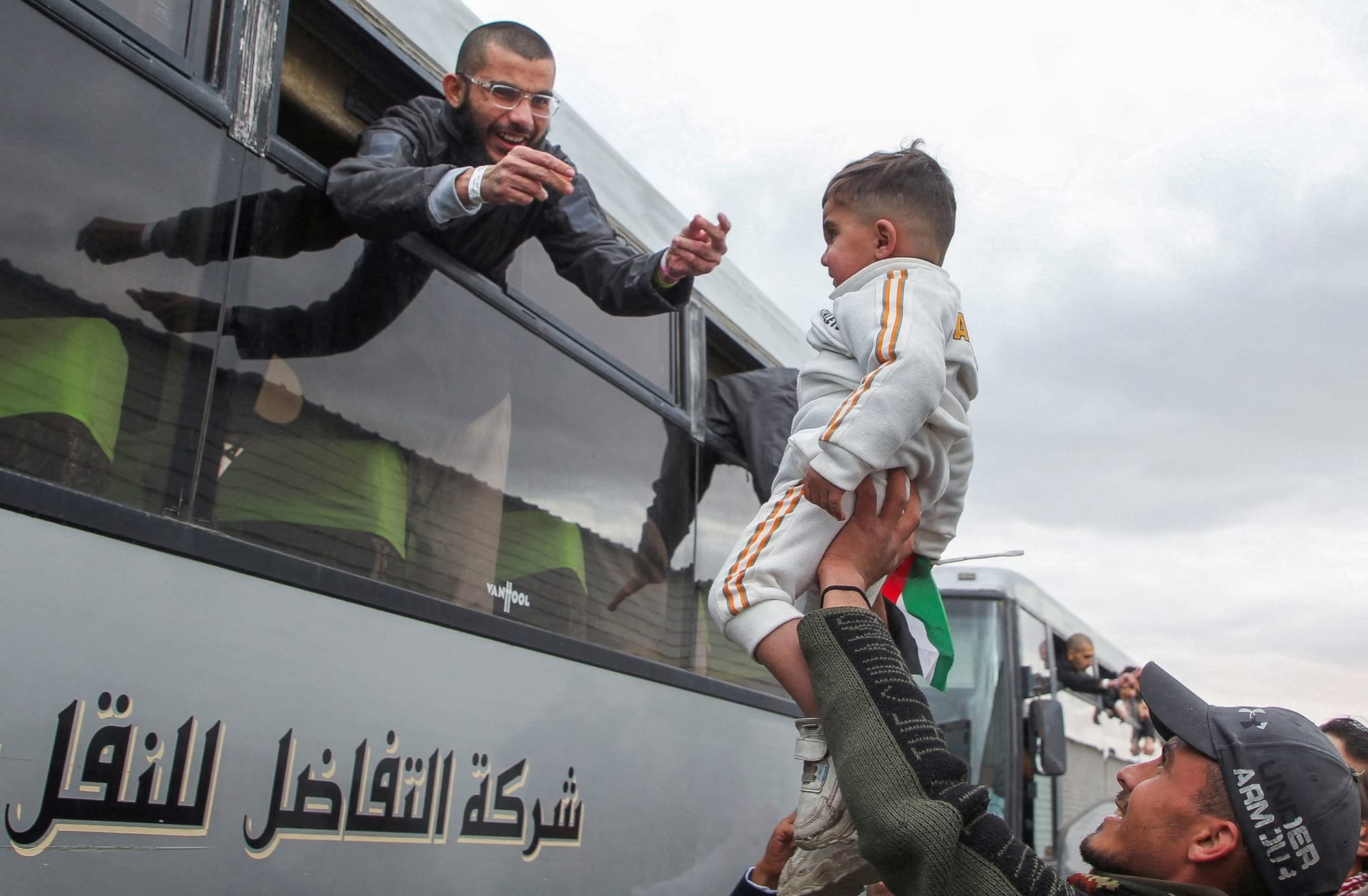
For communities across Gaza and the West Bank, these releases are fragments of stolen time being returned - but always under the shadow that it could be taken away again, as they have done in the past; with released hostages, being kidnapped again.
Why Palestinians Remain Skeptical
This deal follows a long line of ceasefires Israel has failed to uphold. From 2009 to 2023, nearly every truce was shattered within weeks - often by renewed Israeli airstrikes justified as “responses to minor provocations.”
The fear now is that this so-called “first phase” could serve as a pause - not an end. Israeli officials have already made statements hinting at future operations, and far-right ministers inside Netanyahu’s cabinet have publicly condemned the deal, calling it “a dangerous capitulation.”
The same ministers - those responsible for illegal settlement expansion and apartheid policies - continue to hold sway in government. It’s no surprise that many Palestinians call this moment “a truce built on sand.”
Diplomacy or Damage Control?
Mediators from Qatar, Turkey, Egypt and the US have framed the deal as a major diplomatic achievement. But critics point out that Israel’s acceptance came only after immense international pressure, mounting civilian casualties, and the global outcry over the humanitarian collapse in Gaza.
The ceasefire may be less about goodwill - and more about damage control. Western allies, including Washington and London, are facing growing domestic pressure to halt the bloodshed. The hostage release, some analysts say, is designed to momentarily “cool” the outrage without addressing the structural violence that caused it.
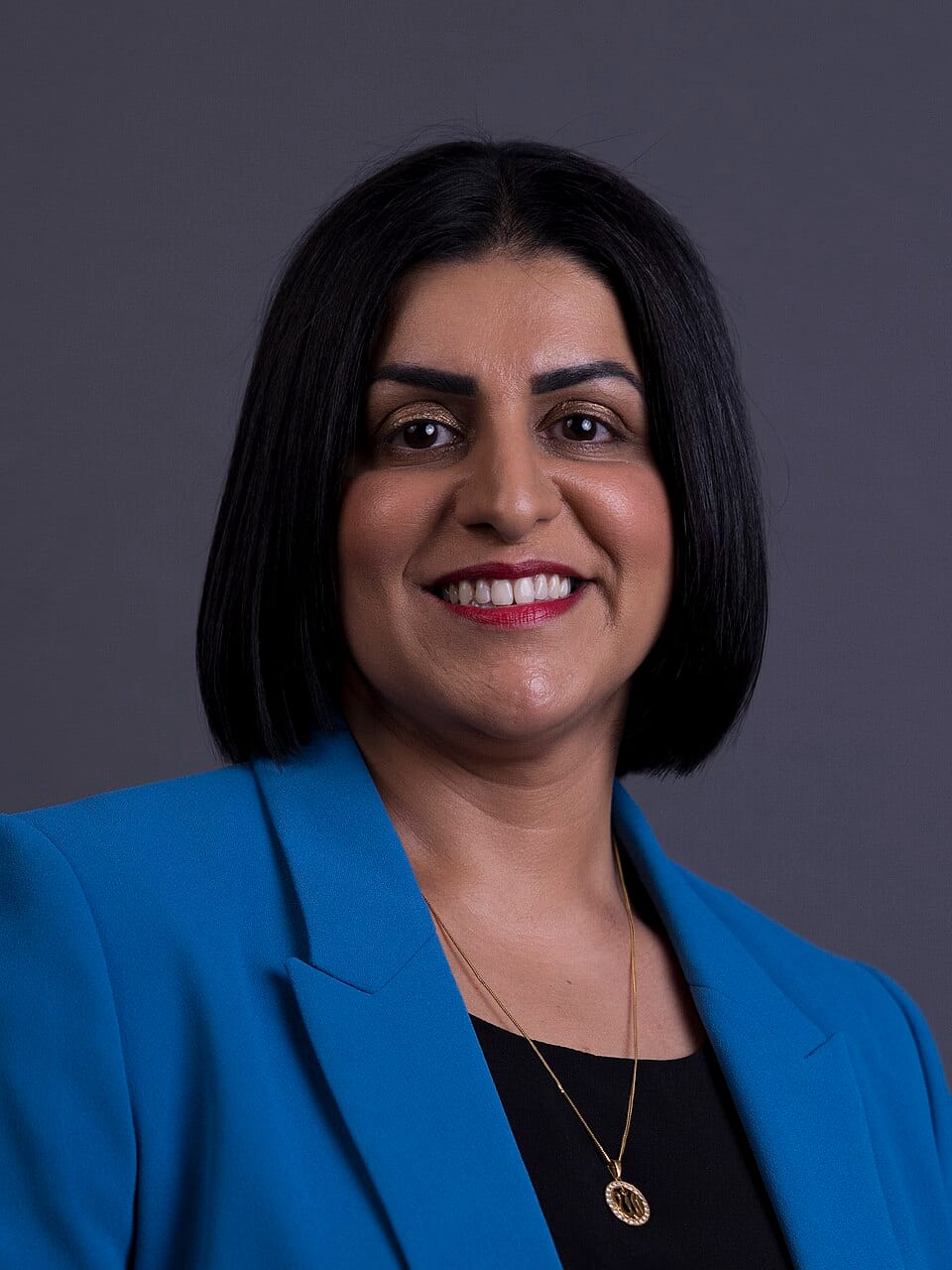
A Reminder of Asymmetry
The scale of the exchange - nearly 2,000 Palestinians for a few dozen Israelis - tells its own story. It is a quiet admission, even from Israel’s allies, of how grotesquely imbalanced this conflict has become.
One side holds prisoners for leverage; the other holds an entire population under siege.
While media coverage focuses on “security concerns,” the real concern for Palestinians is justice: the right to live without being arbitrarily detained, bombed, or collectively punished.
What Comes Next
The days ahead will test whether this fragile deal holds. Observers are watching for:
- Timely release of Palestinian hostages as per the agreed list.
- Verification by international monitors to ensure no re-arrests.
- Sustained aid access into Gaza’s devastated neighbourhoods.
- Protection for those freed, who often face new forms of repression after release.
Without these safeguards, phase one will dissolve into another tragic chapter in an endless cycle of broken promises.
The Final Word: Hope, but Eyes Open
For families awaiting loved ones, this ceasefire carries both relief and dread - the joy of a return shadowed by the fear it won’t last.
Israel’s pattern of breaching truces is not speculation; it is historical record. And until the system of occupation, siege, and mass imprisonment ends, even the sweetest release will taste of uncertainty.
“They may free our bodies for a moment - but true freedom will only come when we are no longer born into their cages.” - Anonymous Palestinian activist
